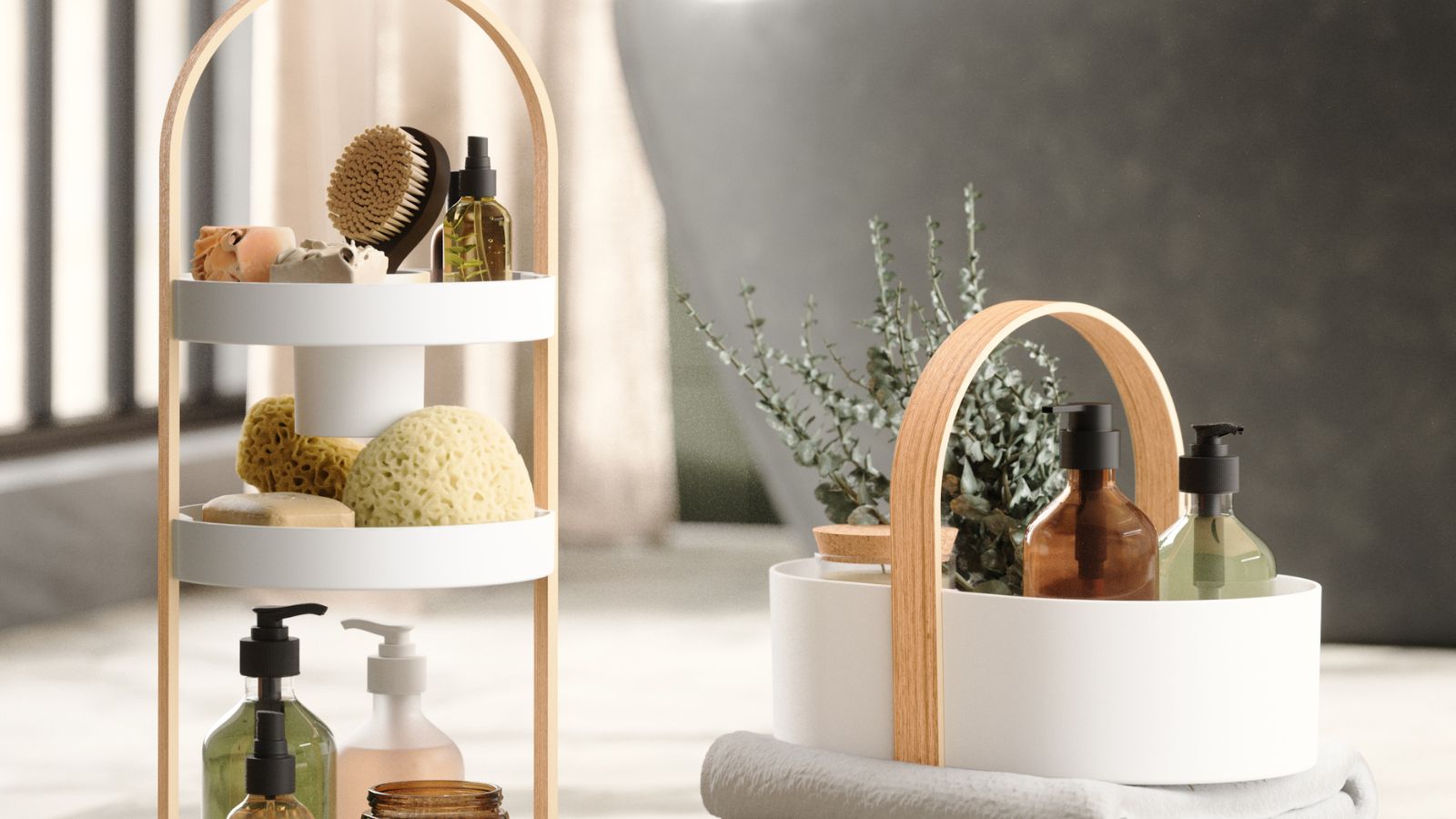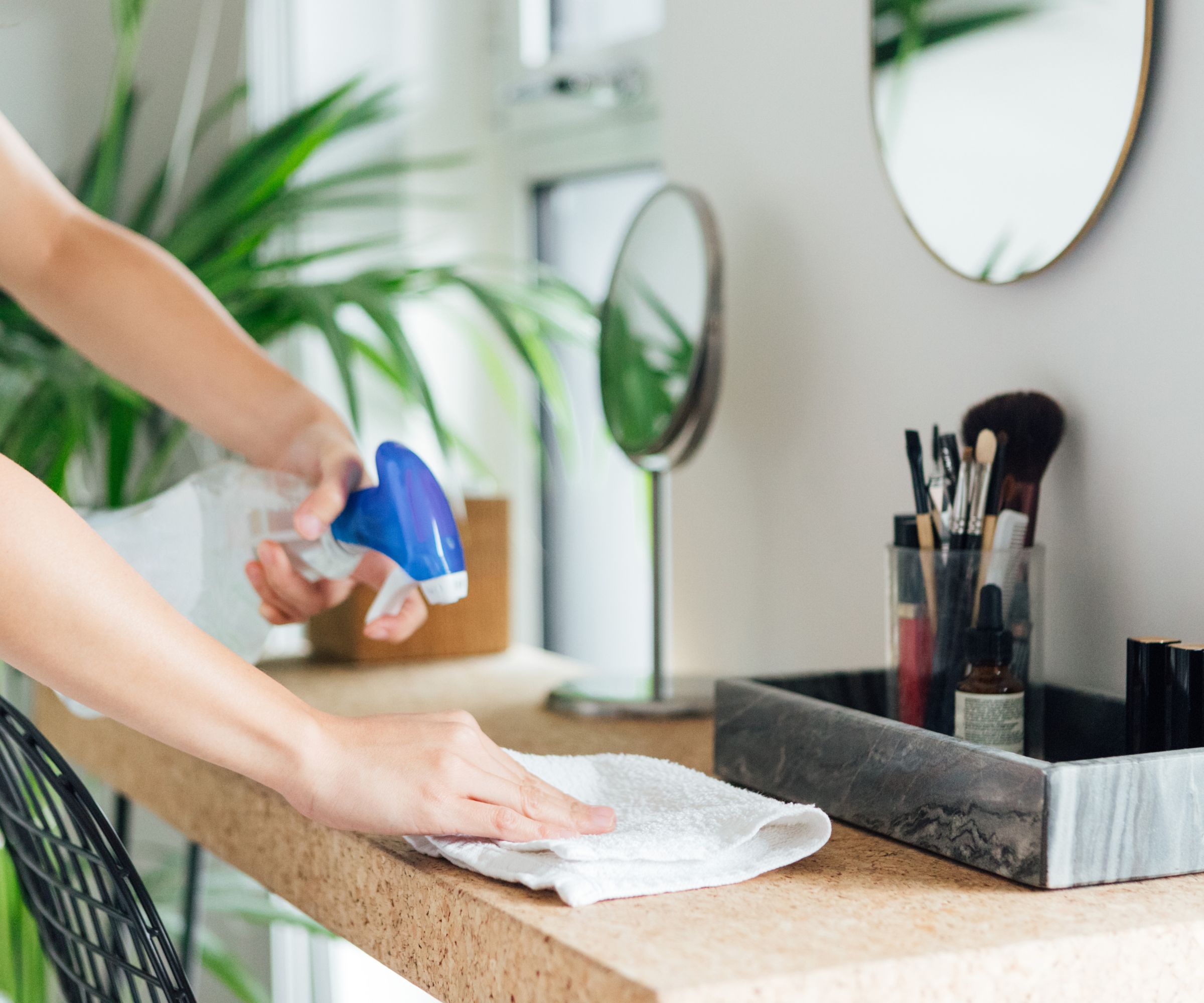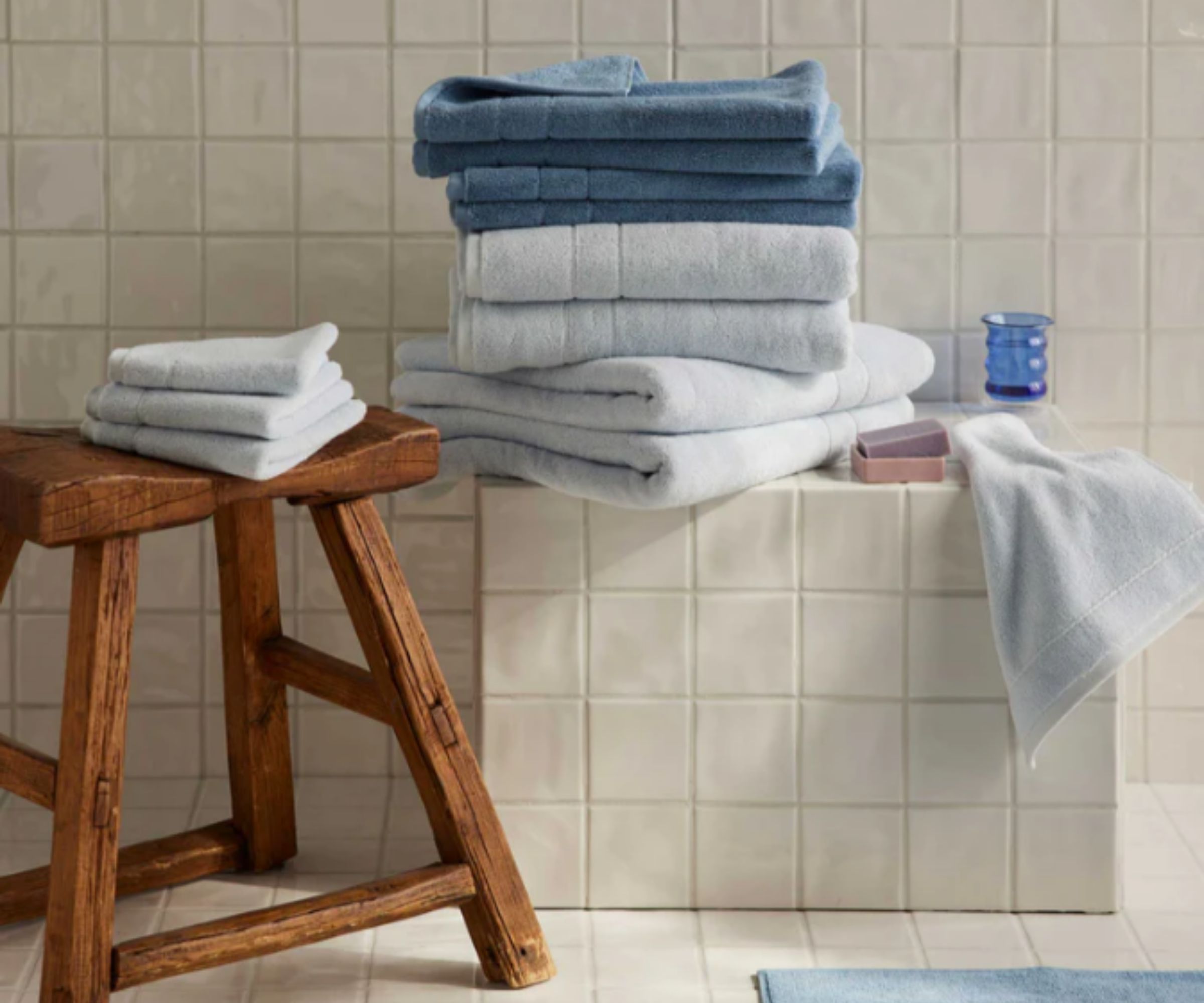
More often than not, household chores fall on one or two people in a family, leaving them to juggle all of the housework alongside their professional lives and downtime. But how do you motivate your family to clean with you?
Getting motivated to clean can be difficult, especially if you are tired of picking up after everyone you live with or nagging others to clean up after themselves. That is why getting others to pull their weight is so important to prevent burnout and stop you from becoming overwhelmed.
According to professional cleaners and home organizers, these are the eight best ways to motivate your family to clean for a constantly tidy home.
How to motivate your family to clean
Much like encouraging your family to declutter, encouraging your family to clean up and help with chores can feel like an uphill battle without the right tools and strategies. From making cleaning fun to teaching children about the value of taking care of their belongings, this is how to coax your household to help out.
1. Divide tasks equally

Some family members may become disillusioned with cleaning if they feel like their workload is disproportionate to members of a similar age or ability. To combat this and keep your home clean, Diane Quintana, professional home organizer and owner of DNQ Solutions, suggests divvying up tasks equally using a cleaning card system:
‘I am the co-creator of a deck of cards called: Organize Your Home 10 Minutes at a Time. Families use this deck of cards to divide and conquer household chores. There is a card for just about everything from emptying the trash to cleaning the kitchen and organizing the glove box in the car.
‘Each family member can pick a card, do the task, and be done in 10 minutes or less. This helps to split up the chores. Some of the cards are labeled Child Friendly. If a child is very young they can help an adult, and learn how to do the chores.’
2. Divide responsibilities by room

Another great cleaning tip for dividing chores among family members is to divide your home by room, allowing you to keep track of who is slacking and who is working well,’ adds Maria Mooney, cleaning expert at Truly Free. 'Much like the different day, different room housekeeping schedule, working in this way also helps to keep tasks quick and simple so that it doesn't take away too much from downtime.'
3. Teach little and often

If you and your family often try to clean your house when you’re too busy, teaching people to clean little and often, or clean as you go, will help to maintain some semblance of order without adding too much to your schedule, suggests Dr. Deena Kara Shaffer, learning coach and owner of Awakened Learning who calls it ‘10 minutes of tidy’ in her household.
Try incorporating a short burst of tidying or cleaning into an evening closing shift or a Sunday reset so that all the family works together at the same time.
4. Keep it consistent

It can be hard to clean and keep a home tidy if you constantly change what tasks need to be done or when you do them. Annie Redlin, a developmental-behavioral pediatric nurse and co-founder of the parenting blog Fox Farm Home, strongly recommends keeping how and when the chores are done consistent to keep everyone on track:
‘For routine chores, keep them consistent for kids so they know exactly what is expected. In our house, after dinner, we always have consistent roles. Everyone clears the table: my oldest son washes the table, my middle son pushes in the chairs and resets the centerpiece, and my youngest son helps us load the dishwasher properly.
‘Once we started this routine, the grumbling and complaining decreased significantly, and I had a clean kitchen at the end of the day.’
5. Set clear and defined expectations

Sometimes, encouraging your family to clean can be as simple as setting some clear expectations and expressing your needs for an achievable cleaning routine, reminds Dr. Deena Kara Shaffer of Awakened Learning:
‘Things are easier to get done when they are clear and defined. If, as a family, we say, "It's time to clean," that can be unmotivating – what's getting cleaned, what kind of cleaning, and for how long? But if we say we're each going to dust the surfaces of one room, or the kids are cleaning the sinks and toilets, or each person takes a baseboard to wipe clean, now it's clear what the task is.
‘"Cleaning" doesn't mean very much and often doesn't land well with children. Giving a task clear descriptions and edges helps everyone know what to do and when it's done.’
6. Do not be tempted to finish an uncompleted task

When you come across an incomplete or incorrectly finished cleaning task, it can be tempting to finish it while you’re there. However, Dr. Stephanie Fields, a psychologist and parenting coach, points out that doing this will not teach your family to clean or encourage them to do a proper job the first time.
She suggests that once a family member is assigned a task, no one else should do that task (unless they are ill or not at home). This avoids sending the message that family collaboration is optional, not mandatory.
7. Try not to be too strict

Although it is important to set out some cleaning non-negotiables for a tidy home, it is important to not be too strict when it comes to the order in which people clean. So long as the tasks are done properly, it doesn't matter the method or means, reminds Annie Redlin, a developmental-behavioral pediatric nurse. She recommends writing a list allowing the tasks to be done in any order the person would like.
‘This helps them know exact expectations and gives them control over what they want to do first,’ she explains.
8. Assign age-appropriate tasks

While it can be important for everyone to pitch in to help around the house and encourage healthy living habits, you need to designate tasks appropriately according to age, ability, and schedule so that no one person ends up cleaning when feeling overwhelmed or is given tasks outside of their capabilities.
Dr. Stephanie Fields, a psychologist, recommends giving smaller children simple tasks such as folding their clothes and dusting surfaces at their level and then increasing the tasks as they get older. Tasks like these can help teach them the value of their belongings while simultaneously improving their motor skills and coordination.
Similarly, when working with a multi-generational household, older family members should complete tasks that do not risk injury or fatigue.
FAQs
What causes family disorganization?
Families can quickly become untidy and disorganized when they fail to communicate with one another or have differing expectations for ‘tidy’. Call a household meeting and allow everyone to present their view of the situation before working toward a tidy resolution that everyone can agree on. It is important to go into this meeting open-mindedly to avoid further conflict.
Should children help to clean a home?
Whether or not children should help clean a home will come down to their age, ability, and schedule. There are often several tasks that are simple enough for any child to do that can introduce them to home maintenance.
For Diane Quintana, professional home organizer and owner of DNQ Solutions, this is a great teaching experience: ‘One of the reasons I am such a firm believer in having everyone help with chores is that this teaches the children how to do different tasks and it teaches the benefits that come with doing chores regularly. The more you do the chores, the easier they become, and the less there is to do.’
When encouraging your family to clean your home, remember to show people how to clean certain things and areas – they won’t know where to start if they can’t see a model of the behavior. Do a buddy clean the first few times, working with your family members to clean one area until they understand the routine and your expectations.







